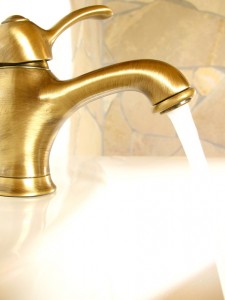People today are more concerned than ever about contaminants in the water that enters their homes. And they have good reason to be cautious in this regard: lead in drinking water is often a serious problem, even with the best reduction efforts under 1986 and 1996 regulatory requirements. We’ve previously looked into the issue of lead in your drinking water and the dangers it poses. It’s one of the main reasons we strongly recommend all homeowners arrange to have professionals test their water and find what water treatment systems will help.
Water testing, however, is broader than hunting for lead only. When you schedule professional water testing in Cincinnati, OH with our team, you’ll receive a complete rundown on all the contaminants in your water supply that can pose problems for household health and the plumbing system.

